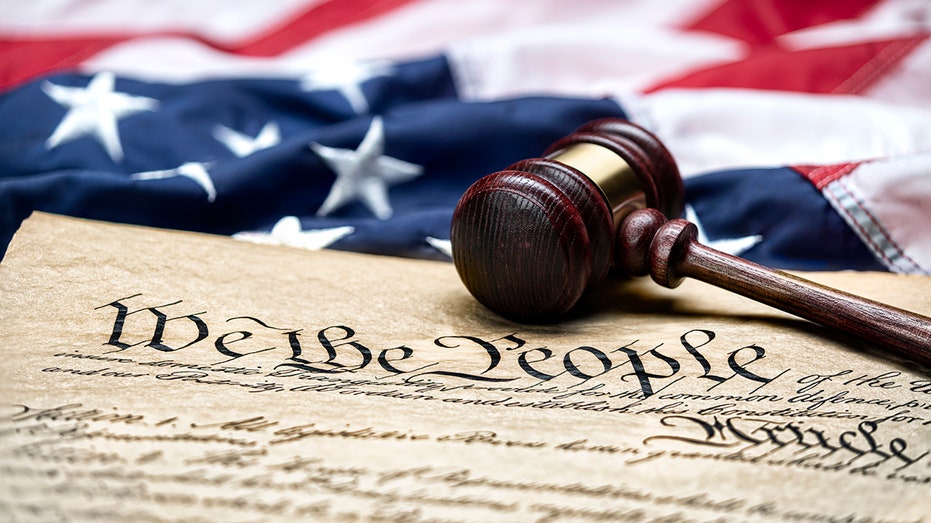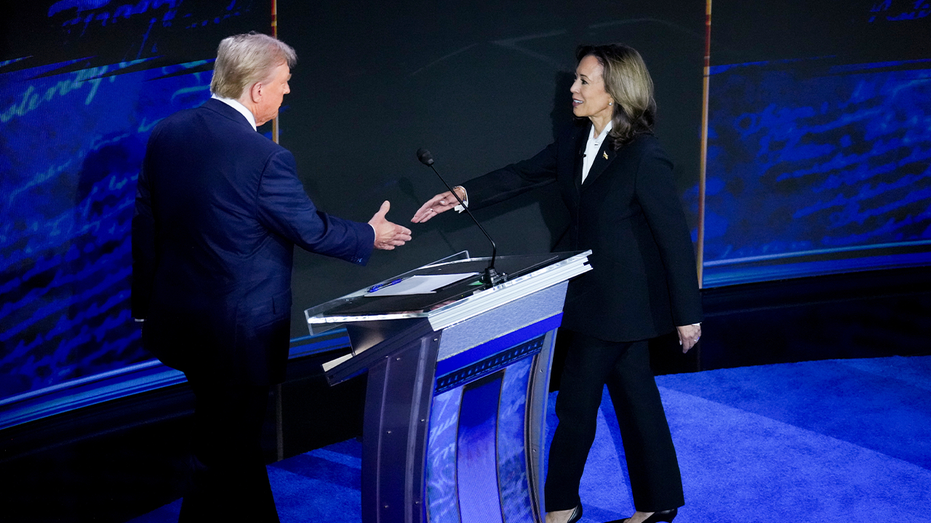A Maryland county claims under the 14th Amendment of the U.S. Constitution, it can create a school board seat that only illegal immigrants can vote for, according to reports.
The Washington Times reported that Howard County officials appeared before a federal court of appeals last month and defended its current process of having a school board seat occupied by a student, in which only public school students are allowed to vote for.
Some Howard County residents are challenging the practice on the basis of it being unconstitutional discrimination in voting, particularly against the county general electorate and students at religious schools who cannot vote for the student seat.
An attorney for the challengers, Michael Smith, told the publication it is a “zero-sum game.” He explained that empowering students to choose one of the eight school board members takes away power from the general electorate.
“You have 12.5% of the voting authority of that board that’s removed from registered voters,” Smith said.
Eight counties in Maryland have a student serving on their respective board of education. In Howard County, officials argue the selection of a student is more of an appointment because, despite students casting a vote for their student candidate of choice, the board and school officials narrow down the candidates.
A county attorney, Amy Marshak, explained to the publication that the election is not just a popularity contest.
“While students do vote, they do it as part of a very limited process,” she said.
The case has been through several courts at this point.
A lower court sided with the county and determined the process violates the First Amendment religious rights and 14th Amendment’s Equal Protection Clause of those students who are shut out of voting.
The 4th U.S. Circuit Court of Appeals, though, questioned the decision, asking if a vote is not being taken, is it really an appointive process?
TRUMP CAMPAIGN SAYS 14TH AMENDMENT ADVOCATES USING ‘LAWFARE’ TO ‘DEPRIVE’ VOTERS OF CHOICE IN 2024
The appeals court also argued if it is not an appointment, but it is an election, the process gets tangled with voting rights guaranteed by the 14th Amendment.
“You’ve got this additional seat that is not subject to the one-person, one-vote rule,” Chief Judge Albert Diaz reportedly said. “That’s a problem.”
The seat held by the student does not have the power to vote on the budget or personnel matters, though plaintiffs in the case say a student board member was able to cast the decision-making vote to close school longer because of the pandemic.
The appellate court ruled reportedly determined the constitution does not guarantee the right to vote for a school board, adding if a student is appointed, the matter is closed.
CASES IN COLORADO, MINNESOTA SEEK TO STOP TRUMP FROM BECOMING PRESIDENT AGAIN
When the process is deemed an election, though, it is up to the county to prove restrictions on who is allowed to vote.
Judge A. Mavin Quattlebaum Jr. questioned what other populations may be eligible to have a school board member designated for them, particularly immigrants in the country illegally.
“So, if Maryland decided, or the school board decided that undocumented aliens aren’t adequately represented, constitutionally could a board member be selected by undocumented aliens in town,” Quattlebaum asked.
Marshak said it would not go against the 14th Amendment.
“I think it would not violate the one-person, one-vote principle of the Equal Protection Clause,” she reportedly said, though she questioned if additional parts of the law could come into play.
Maryland allows immigrants, even those in the country illegally, to vote in local elections if communities allow them to do so. At this time, though, no elections are reserved specifically for them.
No decision has been made, and both sides are waiting for the court of appeals to rule on the matter.




